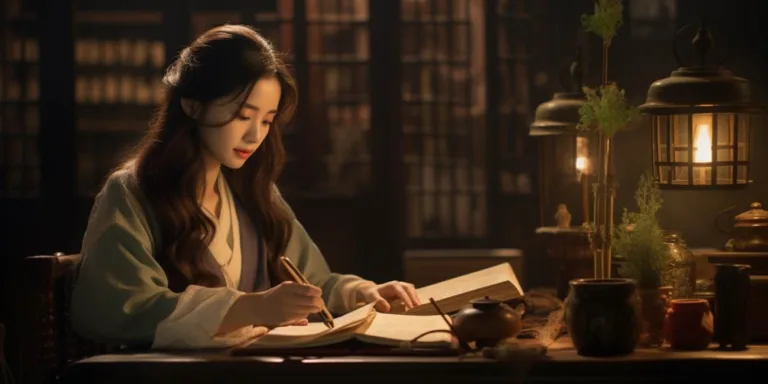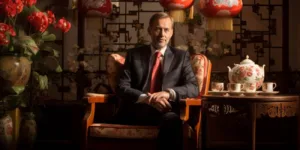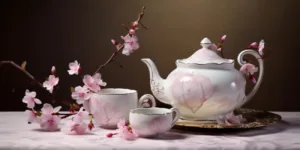Song Qingling, also known as Madame Sun Yat-sen, holds a significant place in the annals of Chinese history. Her life and contributions spanned critical periods of Chinese development, from the late Qing Dynasty to the establishment of the People’s Republic of China. Let’s delve into the remarkable journey of Song Qingling and the indelible mark she left on the nation.
Early life and background
Born on January 27, 1893, in Shanghai, Song Qingling hailed from a prestigious and affluent family. Her father, Charlie Soong, was a successful businessman and played a pivotal role in her early education. Song’s exposure to a liberal and progressive upbringing laid the foundation for her later involvement in political and social causes.
The marriage to sun yat-sen
At the young age of 21, Song Qingling married Dr. Sun Yat-sen, a revolutionary leader and the founding father of the Republic of China. This marriage marked the beginning of her deep involvement in the political landscape of China. Despite the challenges and turbulence of the time, she remained steadfast in her commitment to the ideals of the revolution.
Political activism and contributions
Following the death of Sun Yat-sen in 1925, Song Qingling continued to play a pivotal role in Chinese politics. She actively participated in various social and political movements, advocating for women’s rights, social justice, and national unity. Her unwavering dedication earned her respect and admiration both nationally and internationally.
The role during war and reconstruction
During the Sino-Japanese War and the Chinese Civil War, Song Qingling played a crucial role in supporting the Chinese people. She not only provided aid and relief to those affected by the conflicts but also worked towards international support for China’s anti-Japanese resistance. Her efforts were instrumental in garnering sympathy and aid for the beleaguered nation.
The later years and legacy
After the establishment of the People’s Republic of China in 1949, Song Qingling continued to be active in public life. Despite ideological differences with the ruling Communist Party, she remained an influential figure until her passing in 1981. Her legacy endures, and she is remembered as a symbol of resilience, compassion, and dedication to the betterment of Chinese society.
Recognition and honors
Song Qingling received numerous accolades for her contributions, including the Stalin Peace Prize and the International Lenin Peace Prize. Her name is etched in history as a trailblazer for women’s rights and a symbol of China’s quest for modernization.
Faqs about song qingling
Q: what was song qingling’s early life like?
A: Song Qingling was born into an affluent family in Shanghai on January 27, 1893. Her father, Charlie Soong, played a crucial role in her early education, imparting liberal and progressive values.
Q: what role did song qingling play during the chinese civil war?
A: During the Chinese Civil War, Song Qingling played a crucial role in supporting the Chinese people. She provided aid and relief to those affected by the conflicts and worked towards garnering international support for China’s anti-Japanese resistance.
Q: how is song qingling remembered today?
A: Song Qingling is remembered as a symbol of resilience, compassion, and dedication to the betterment of Chinese society. Her legacy endures, and she is recognized for her contributions to women’s rights and social justice.
Zobacz także:






